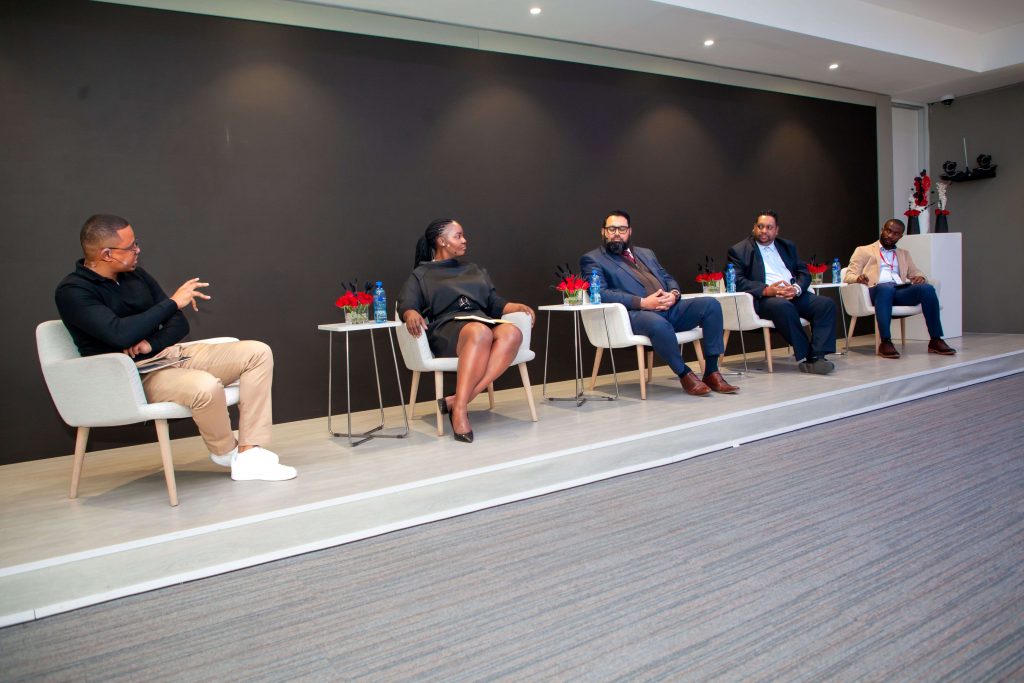Load shedding has led to a myriad of innovative solutions such as renewable energy but the question of what happens next, past load shedding and how we get there is exactly what Huawei’s 2023 ICT Editors Exchange focused on.
South Africa’s energy crisis has created opportunities for innovation, especially given Africa’s abundant natural resources which can be harnessed for renewable energy supply, according to Muhammed Ismail Seedat, Huawei’s senior Systems Architect, Digital Power Sub-Saharan Africa Region, who gave the keynote address at exchange.
No ad to show here.
A panel of experts in the technology sphere came together to discuss issues of energy security and sustainability and the growth of small businesses and their capacity to create jobs in a challenging operating environment.
The panel meets after the release of Eskom’s renewable Energy Grid Survey for 2023, the South African Wind Energy Association and the South African Photovoltaic Industry’s Association reports, where a significant pipeline of 66W of solar, wind, battery, and gas projects in the country, if implemented could assist address the country’s load shedding issues.
Some key points answered during the panel discussion were what energy security looked like and the solutions available for the provision of green energy to all South Africans.
Dr Patrick Ebowa, Senior Lecturer in Tshwane University of Technology’s (TUT) Department of Management and Entrepreneurship spoke about the importance of making SMMEs part of the entire value chain of the country’s energy solution, and not just the beneficiaries.
He added that SMMEs working ‘on the ground’, were well positioned to be part of the solution for the provision of a reliable and affordable power supply, and should be more empowered to provide local solutions to local challenges.
Bridgett Majola, Head of Project Finance: Energy and Infrastructure with CMS South Africa lauded both public and private financial institutions for the increased focus on making sustainable investments, particularly in the energy space.
“Rhetoric around environmental, social and corporate governance (ESG) issues is becoming more positive and meaningful, allowing for the impact of energy issues to be more measurable,” she said.
On investment, Norsad Capital’s Zubair Suliman, Head of Infrastructure and Investment Director, spoke about the appetite of funders to support the country’s just transition to clean energy projects.
“The current global energy crisis has had at least one positive outcome,” he added which is to force the world to address the issue of climate change.
Solar Channel Manager for Huawei’s Digital Power Business Unit, Prinaven Naidoo, outlined Huawei’s capacity to design and roll out sustainable energy solutions for commerce, industry, and the residential sector.
“Digital power is the fastest growing business unit within Huawei, representing 60% growth, and the company is the largest manufacturer of inverters in the world,” he confirmed.
Huawei’ is edging towards becoming a significant player in the quest for Africa’s energy security.
The tech company has developed technology that functions even on a weak power grid and forms part of the acceleration of clean energy development.
The panelists encouraged all stakeholders, including business, government, and academia to explore the opportunities the current energy crisis has provided and to find new and innovative ways of working.
Today’s digital energy solutions will possibly leapfrog the continent into a future of solutions, which have a positive impact on communities, and entire countries.
Also read: iOS 17, what you need to know
